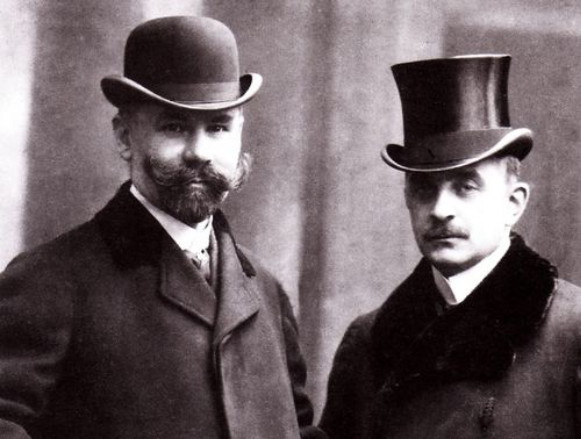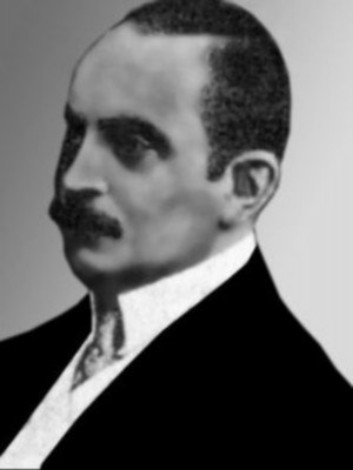Vasylko, Mykola
Vasylko, Mykola [Василько, Микола; Vasyl’ko], b 21 March 1868 in Chernivtsi, Bukovyna, d 2 August 1924 in Bad Reichenhall, Germany. Diplomat, parliamentarian, and Bukovynian civic figure. He belonged to the Vasylko family line of nobility in Bukovyna. He studied at the Theresianum in Vienna. He was chosen mayor of Lukavets, in Vyzhnytsia county, Bukovyna, and then elected to the Bukovynian Diet and the Austrian parliament (1898–1918). Together with Romanian (A. Onciul), Jewish (B. Straucher), and Armenian (S. Stefanowicz) politicians he formed the Freethinking Union, which assisted Ukrainians in making gains in the administrative, cultural, and church realms. Some of those included the recalling of the unpopular president of Bukovyna, F. Bourguignon (1903), the founding of a Ukrainian gymnasium in Vyzhnytsia (1908), and the division of the Bukovynian metropoly into Ukrainian and Romanian parts (1916). He organized a Hutsul-Bukovynian Kurin (1915–16) as an Austrian volunteer unit, founded and served as deputy leader of the General Ukrainian Council in Vienna (1915), and served in the Ukrainian National Rada in Lviv (1918). In the Austrian parliament he was deputy leader of the Ukrainian Club and a noted defender of Ukrainian rights. He addressed issues such as changes in voter registration (1901), the opening of a Ukrainian university in Lviv (1901), and the peasant strikes of 1902 (see Peasant strikes in Galicia and Bukovyna).
Vasylko was an active foe of Russophilism and of the Romanianization of Bukovyna. He was a proponent of the so-called Austro-Ukrainian scheme, which provided for (in the event of a victory by the Central Powers in the First World War) the addition of Volhynia and Podilia to Galicia and Bukovyna to form a revived Galician-Volhynian state as an autonomous territory within Austria-Hungary. During the First World War Vasylko assisted refugees from Bukovyna and Galicia who were interned in Austria and rescued many Ukrainians from the Thalerhof camp. Through diplomatic efforts and by direct participation he contributed to the signing of the Peace Treaty of Brest-Litovsk (9 February 1918) between the Ukrainian National Republic and the Central Powers. He was diplomatic representative of the government of the Western Ukrainian National Republic in Austria (1918–19) and ambassador of the Government-in-exile of the Ukrainian National Republic in Switzerland and Germany (1919–24). A collection of his speeches titled Posol’s’ka diial’nist’ v Derzhavnii Radi i v Kraievim Soimi v rokakh 1901–3 (Deputy Activity in the State Council and the Provincial Diet in 1901–3) came out in 1904.
Arkadii Zhukovsky
[This article originally appeared in the Encyclopedia of Ukraine, vol. 5 (1993).]

